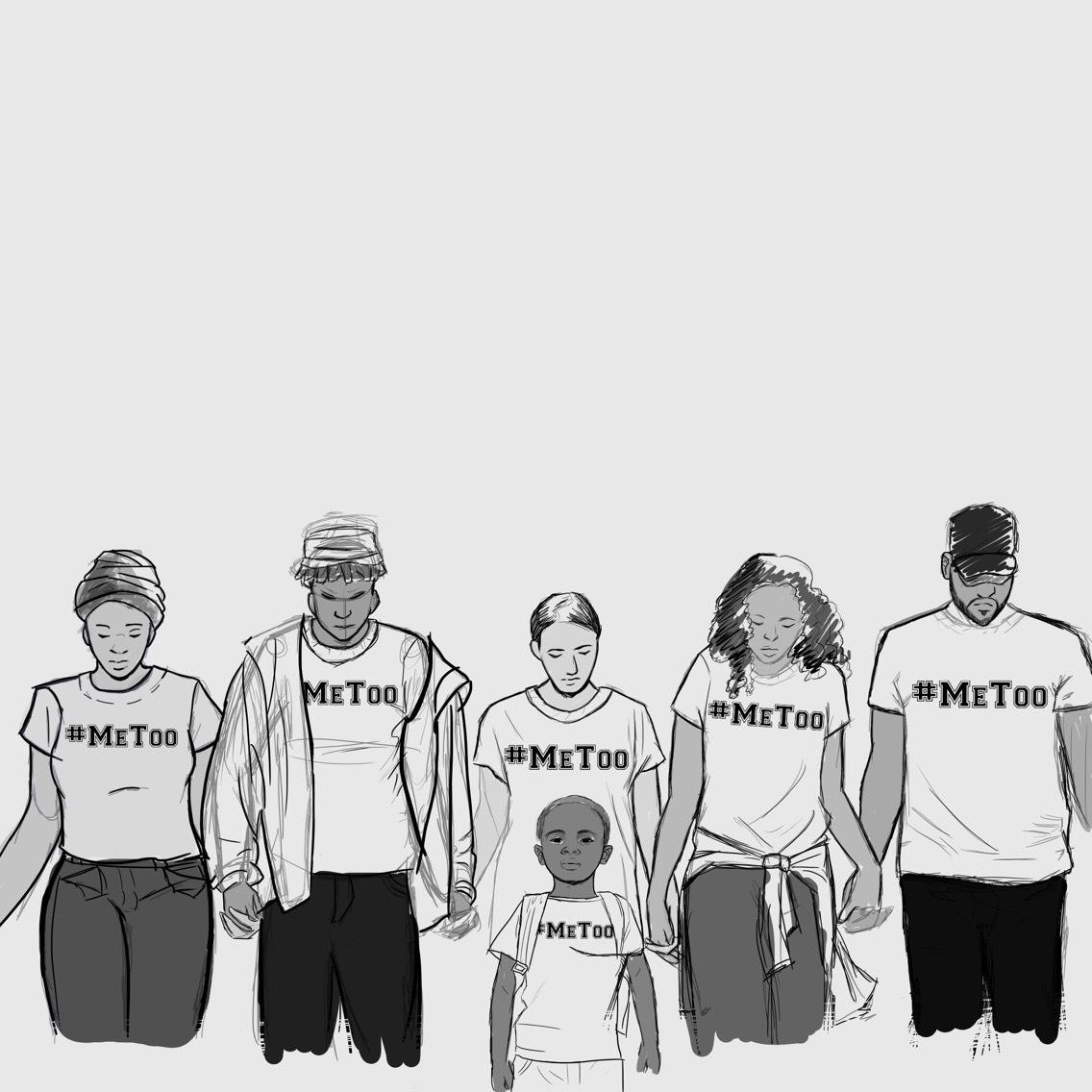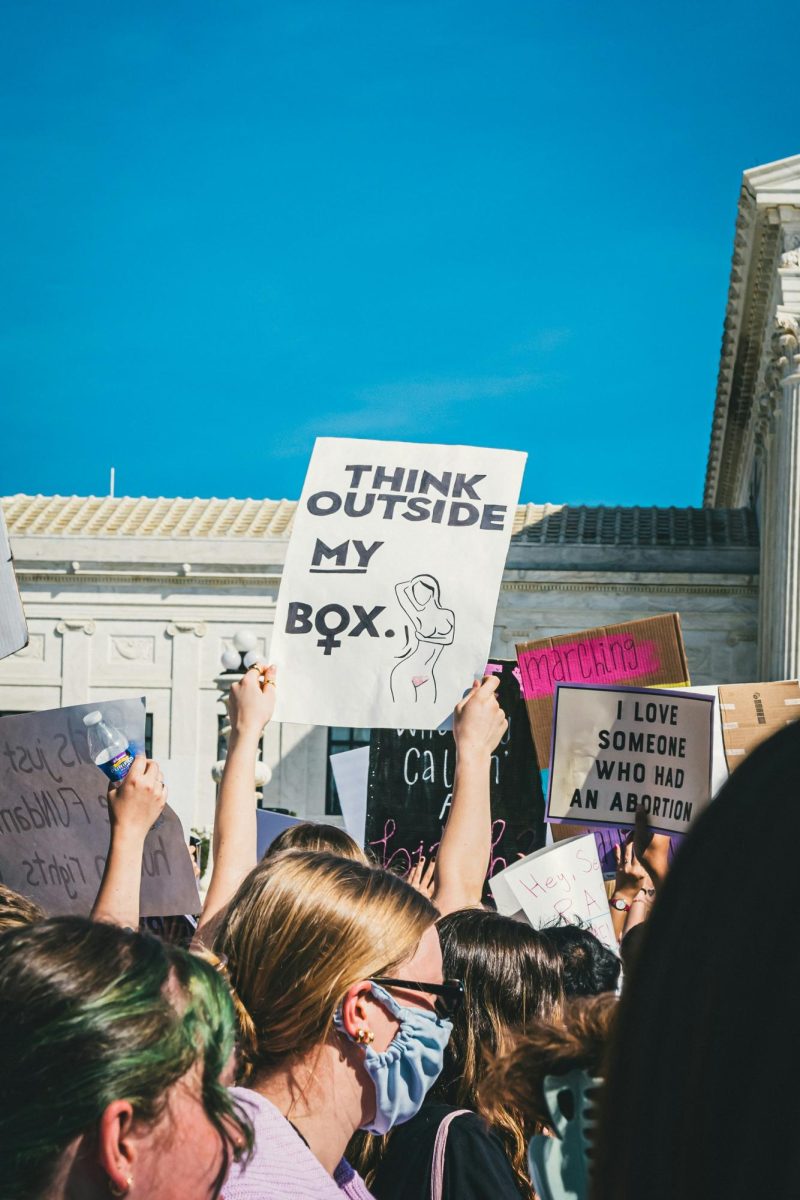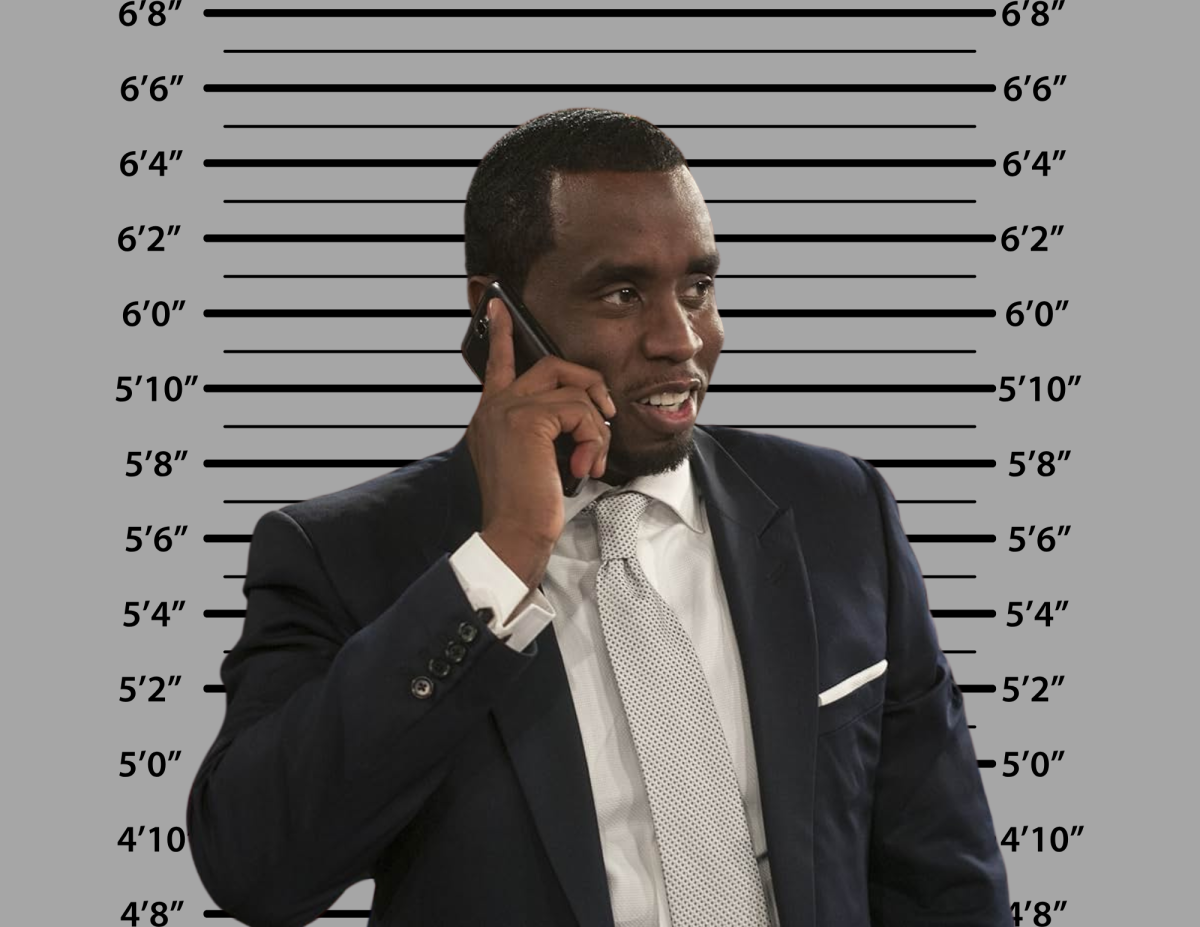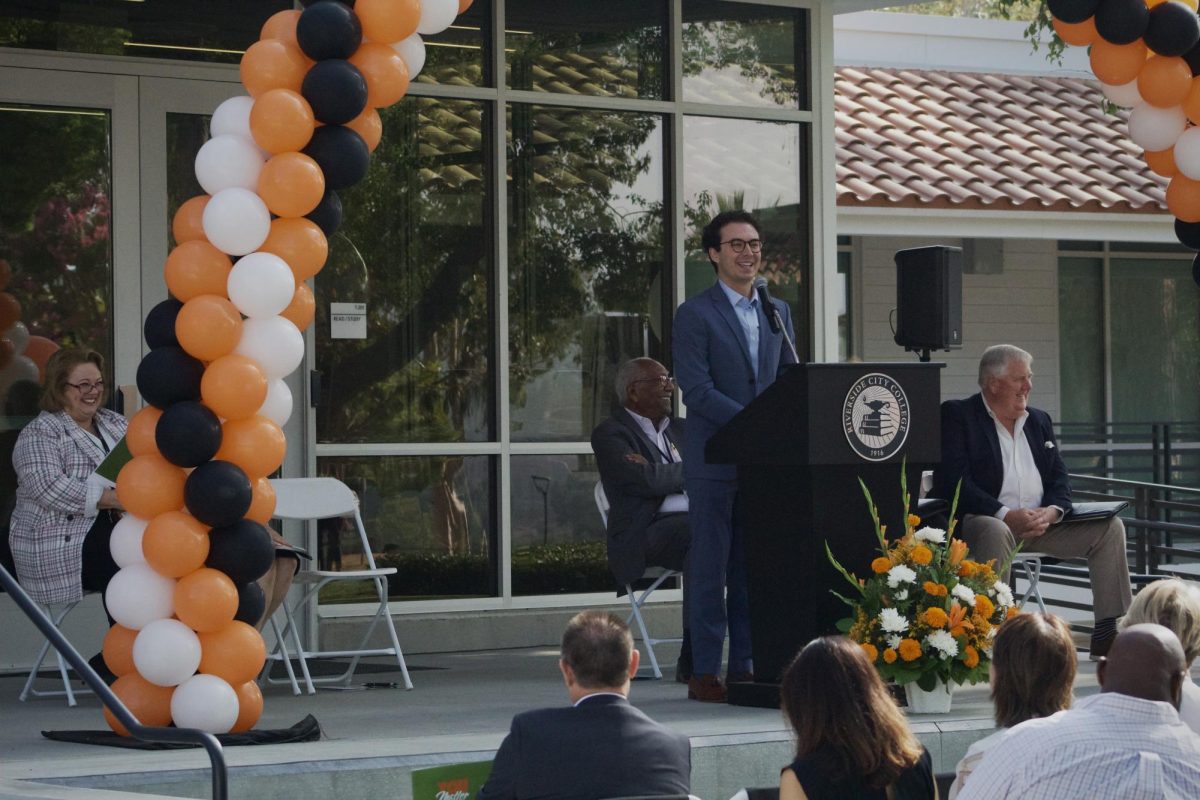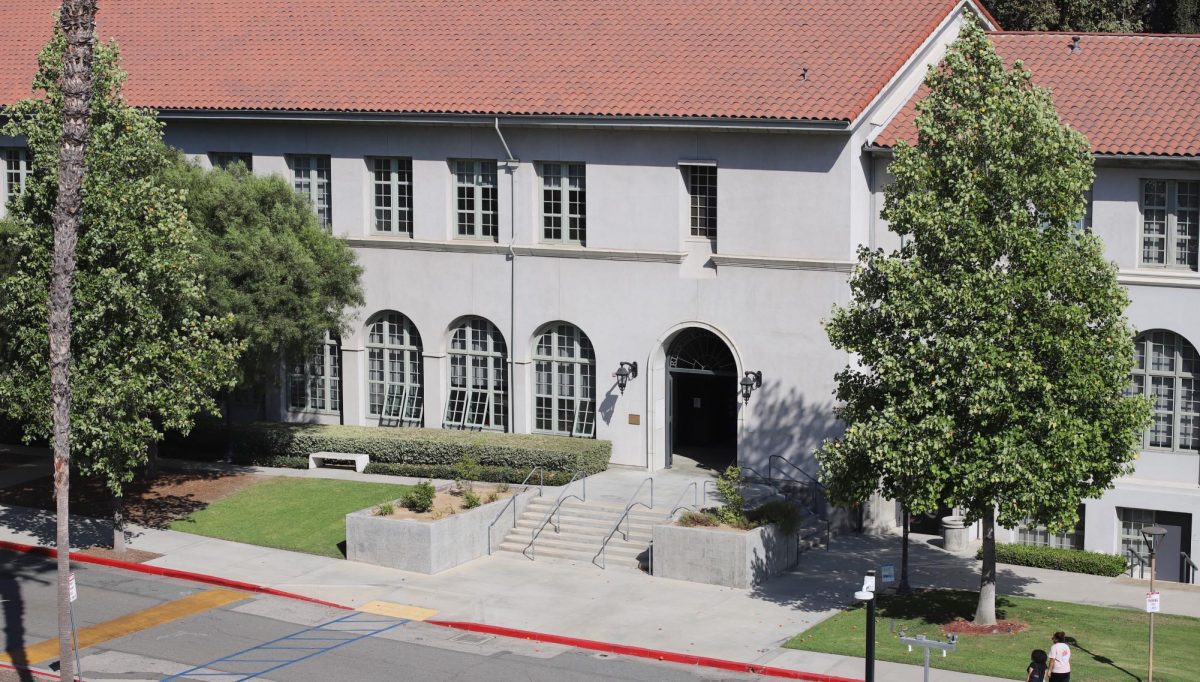By Nahid Ponciano
A sense of freedom washes over me as I finally hit the button that says tweet. It reads “#MeToo.”
I’m sitting at my kitchen table as I avoid doing an essay, I scroll through Twitter and see #MeToo trending. Naturally, I need to know what this hashtag means.
As I go through post after post, my heart rate picks up, my chest feels constricted and tears start to build up.
This hashtag was created to show the magnitude of sexual assault.
According to Sexual Trauma Services and The Rape, Abuse & Incest National Network, “Every two minutes, someone in the U.S. is sexually assaulted, and 60 percent of sexual assaults go unreported to the police.”
There is a whole group of people out there who stay quiet because they either feel like they can’t speak up or don’t want to. And I understand. For the longest time I felt like I couldn’t either.
It’s interesting going about life, knowing in the back of your mind that sexual assault is happening in the world, but you keep going because, what can you do?
And then it happens to you. And your whole world turns upside down and you feel even more powerless. One minute you’re fine having a good time, and the next your body is taken from you.
After I was sexually assaulted I thought back to all the different statistics and views about sexual assault and started checking them off.
“67 percent of sexual assaults are committed by someone known to the victim,” according to Sexual Trauma Services and RAINN. Check.
According to RAINN, “Students are at an increased risk during the first few months of their first and second semesters in college.” Check.
And another thing I noticed before I was assaulted, not many people take it seriously. They either brush it off or blame the victim. Check.
That was the hardest part for me. The thing that made me cry for hours and at the same time boil my blood with anger. I became a statistic.
I didn’t want to tell anyone because the first person I did tell tried to spin it so it made it seem like I was partially to blame. And I believed them.
Maybe if I hadn’t done this?
Was it the way I was acting?
Am I behaving the right way?
Was it what I was wearing?
For weeks I blamed myself and the memories would keep popping up. I didn’t want to be around anyone let alone let anyone touch me. I felt uncomfortable in my own skin and I was mad at myself, mad at the person who did this to me even after they said they would take care of me and mad at the world.
This continued for weeks until one day I decided to stop being mad, stop blaming myself and take back control of my life and body.
Society has a way of making you feel at fault for something you didn’t do, or they refuse to acknowledge that it’s actually happening.
And to all of that I say “no.”
No, it’s not my fault that I was assaulted. No, I didn’t ask for this to happen or encourage it. And no, you do not get to pretend like this isn’t a major problem in our country anymore.
Sexual assault doesn’t make exceptions and it does not exclusively happen to women. It can happen anywhere at anytime to anyone.
“One in six men will be sexually assaulted in their lifetime,” According to Sexual Trauma Services.
So next time, when someone close to you opens up, regardless of their gender or sexuallity, and shares with you that they’ve been sexually assaulted, listen and believe them.
That’s all they ask for. That’s all I ever asked for.
And I encourage people to speak out if they’re ready.
Find someone you confide in and talk to them. And if they don’t believe you, because there will be people who you would expect them to believe you but don’t, move on to someone else until you find someone who will. Because you deserve to be heard and believed.
Do not for one second think that it’s your fault or that you deserved it. It is not on you to create guidelines to prevent sexual assault.
As Sexual Trauma Services put it, “it is the responsibility of the assailant to avoid sexually assaulting others. It is never the victim’s fault.”
For those who are not ready or do not want to speak up but still want to feel heard and believed, I hear you. I believe you, and you are not alone.
Now sitting back staring at my tweet, I understand and accept that my experience with sexual assault will always be a part of me. But now, it no longer controls me.
I have a platform and I want to use it to spread awareness and inspire conversation.
This is also how I’m choosing to cope. And it’s helped.

